
Türkiye’s main opposition party, the Republican People’s Party (CHP), is approaching a critical legal and political juncture. On June 30, the Ankara Civil Court of First Instance will hear a case that could invalidate the party’s 38th Ordinary Congress, held in November 2023.
The lawsuit, filed by CHP members, seeks to have the congress declared “absolute nullity” (mutlak butlan) due to alleged procedural irregularities during the leadership election.
If the court rules in favor of the plaintiffs, the implications will extend far beyond an internal party matter. The case could establish a legal and political precedent in Türkiye, altering the CHP’s power structure and raising significant questions about judicial involvement in political party processes.
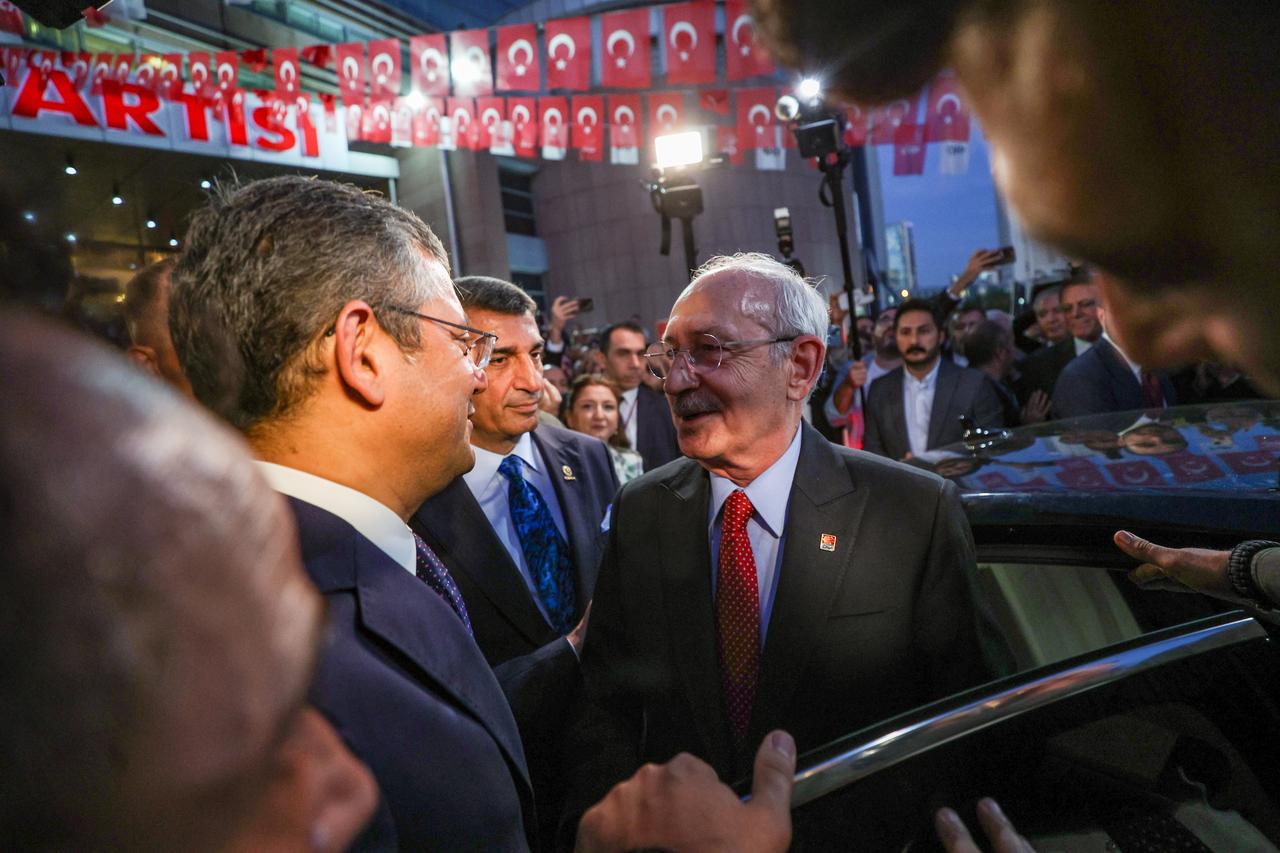
The lawsuit was filed by current CHP members, not external actors, adding weight to the allegations. The congress in question resulted in Ozgur Ozel replacing Kemal Kilicdaroglu as party leader following a tightly contested vote.
The plaintiffs claim that serious irregularities occurred in the delegate voting process, including:
If confirmed, these claims could constitute a violation of internal party democracy and provide grounds for declaring the congress legally void.
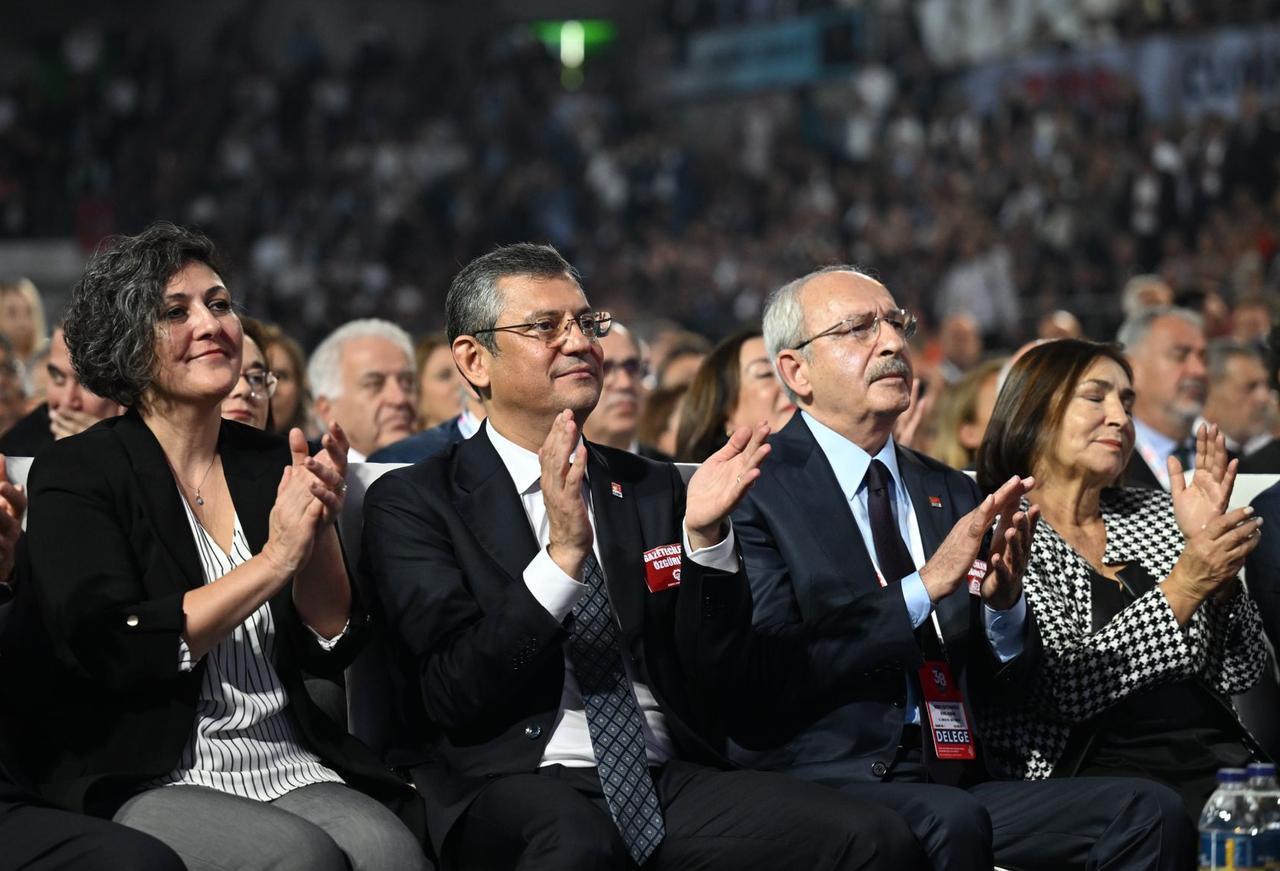
In Turkish civil law, absolute nullity (mutlak butlan) refers to an act so fundamentally flawed that it is considered legally invalid from the start. If the court rules the CHP congress as such, all outcomes of that congress—including Ozgur Ozel’s leadership—would be annulled.
Two potential scenarios may follow:
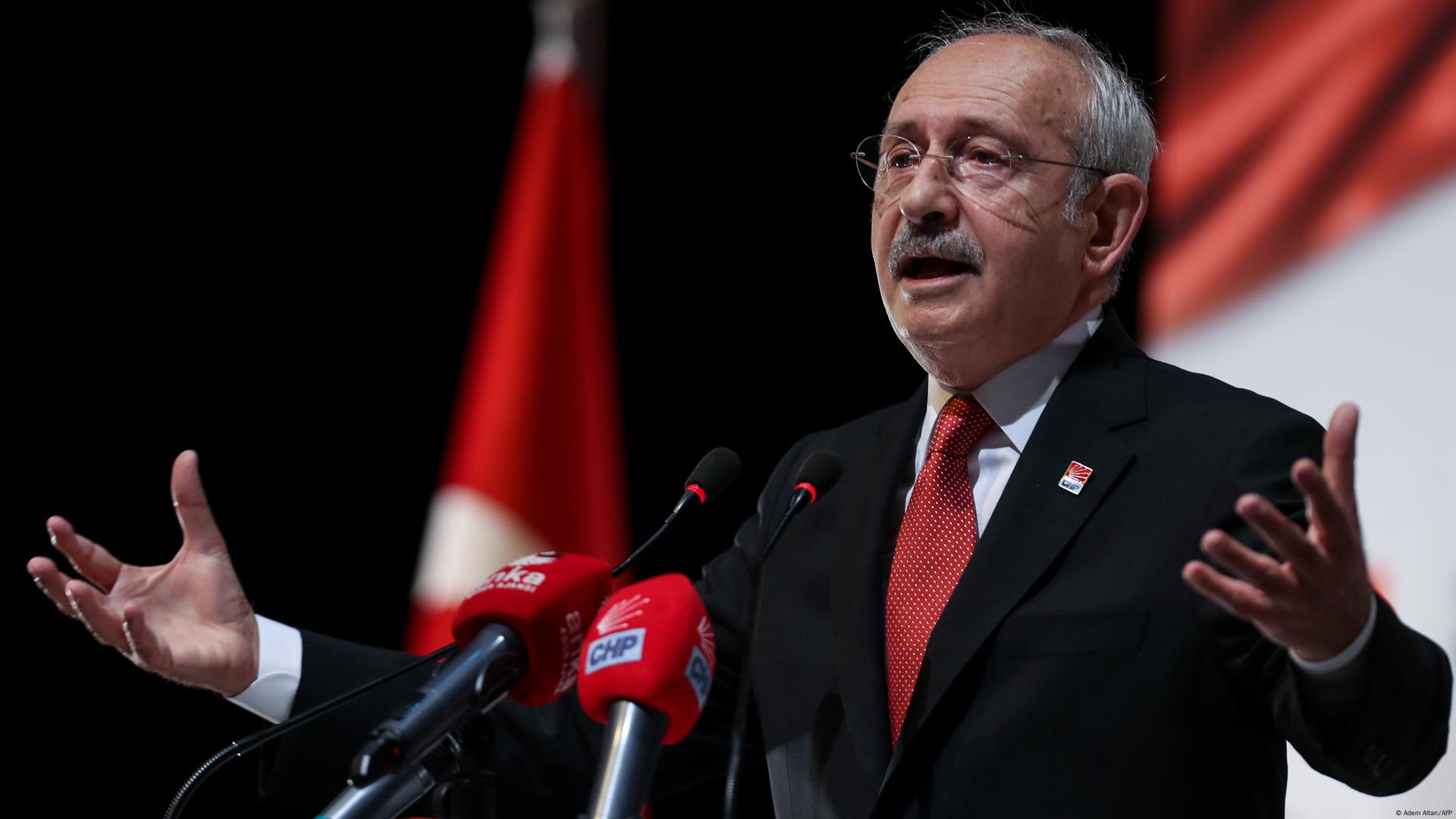
Although not a plaintiff, Kemal Kilicdaroglu has re-entered the political spotlight. According to party sources, he is willing to resume leadership temporarily if the congress is annulled, stating, “I won’t leave the party to a trustee.”
This stance has caused concern among several CHP leaders. Ankara Mayor Mansur Yavas, Mersin Mayor Vahap Secer, and Party Council member Engin Ozkoc recently met with Kilicdaroglu, urging him to publicly reject the lawsuit. Kilicdaroglu reportedly refused, warning that such a move could lead to court intervention: “If I say I won’t come back, a trustee will be appointed. Is that what you want?” he asked.
His position has further polarized the party and left the door open to a potential—though temporary—return to leadership under exceptional circumstances.
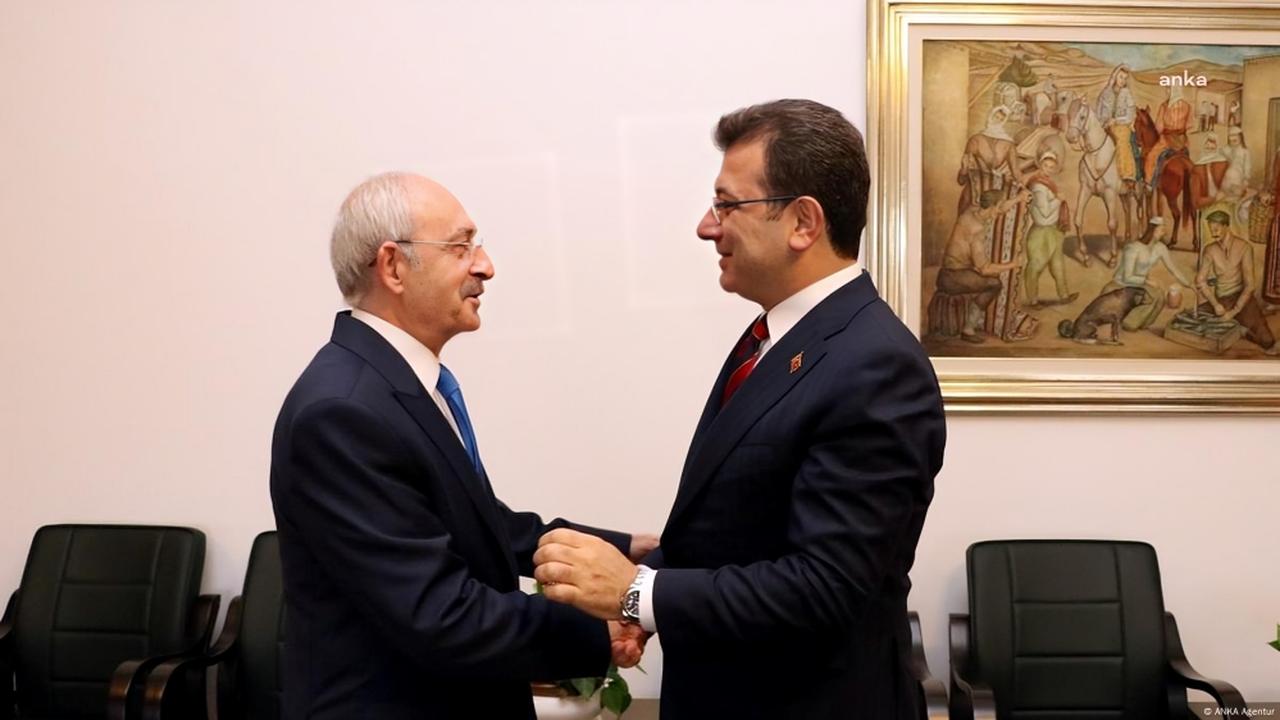
Efforts to arrange a meeting between Ozgur Ozel and Kilicdaroglu have so far been unsuccessful. Former Istanbul Mayor Ekrem Imamoglu—who is also facing legal challenges—has urged both sides to reconcile, including during a recent meeting with Kilicdaroglu in Silivri Prison. Yet no direct conversation has taken place.
While Ozel’s camp claims Kilicdaroglu has made up his mind, those close to the former leader disagree. “Mr. Ozgur never asked to meet,” said a senior aide.
This lack of communication adds to the growing uncertainty within the party ahead of the June 30 hearing.
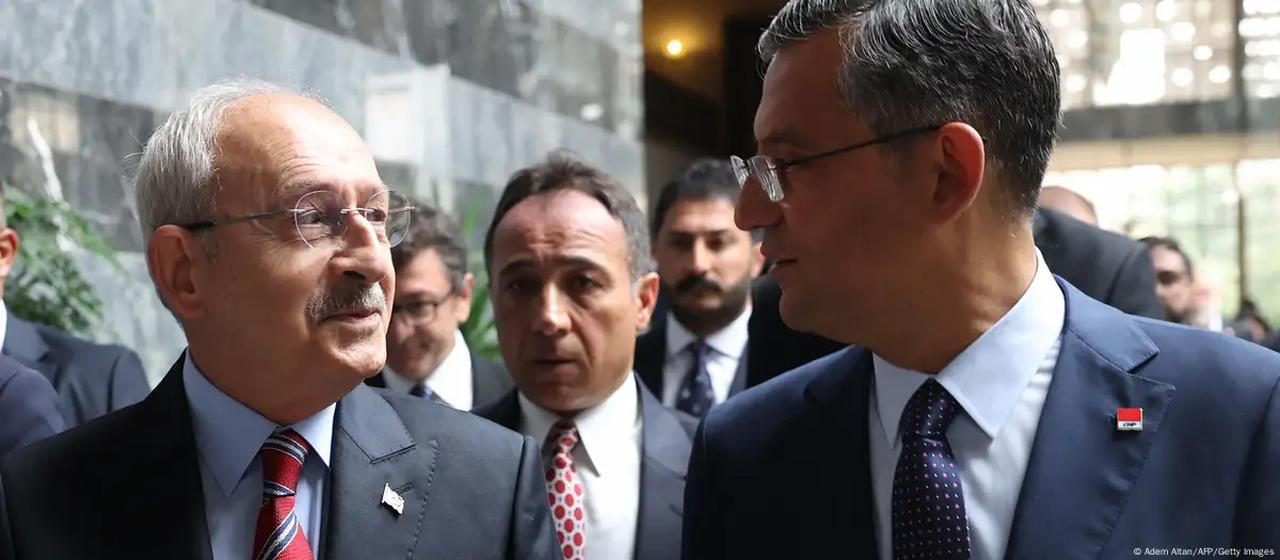
Although confident the court will not annul the congress, the current CHP leadership is preparing for all possibilities. Several contingency plans are being considered:
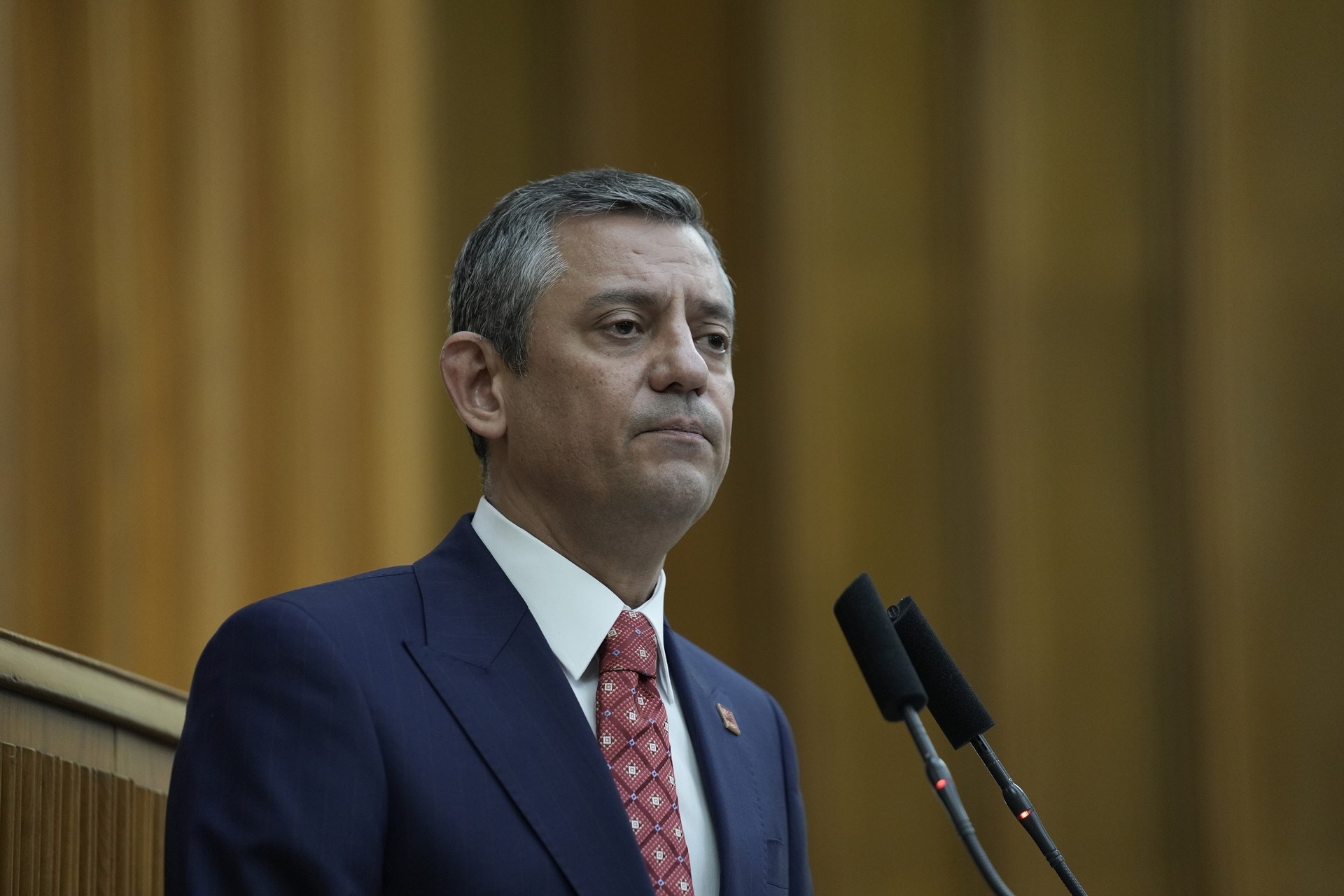
While the legal challenge to the CHP congress stems from internal disputes, its implications may extend beyond party politics. A court decision to annul the 2023 congress and potentially appoint a trustee could open a broader discussion about the legal and institutional framework governing political parties in Türkiye.
The June 30 hearing is seen by many as a pivotal moment for both the CHP and Türkiye’s broader political climate. If the court annuls the 2023 congress, former party leader Kemal Kilicdaroglu may return in a caretaker capacity. Alternatively, a court-appointed trustee would mark an exceptional development in the party’s century-long history.